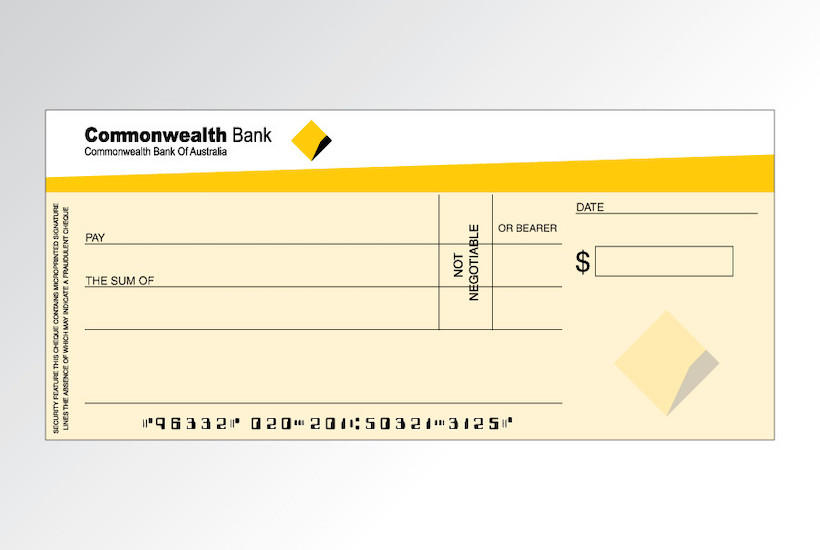It’s been quite the fortnight for Australia. The economy has been all but shut down, thousands have lost their jobs, the RBA wants to print money, and the federal government has delivered a spending package so big it’s basically the lovechild of Oprah and Aristotle Onassis.
There has been plenty of commentary about the merits of the various policies, whether it be JobSeeker, JobKeeper, *cough* free childcare, or business bailouts. I’m not going to talk about the detail, save to say that when you drop your kids off at daycare, tell them to enjoy it because they’ll still be paying for it when they’re middle-aged. That is the overarching tenet of this government spending: we are going to be paying for this for generations.
Because, ultimately, nothing but the wind is for free.
That takes me to a salient question: If we are going to bail out people and business on such a large scale now, what must we sacrifice on the other side of this storm to get back on track?
We need to become lean and efficient. The sluggish, burdened distracted Australia we have become needs to be whipped into shape. And this isn’t about ideology: it’s about prosperity. I don’t want to see crony corporatism benefit here any more than I want to see established socialism: both result in a small enriched elite with a heaped serving of misery for the rest of us.
So, here is a short (albeit very incomplete list) of reforms and sacrifices that will give Australia a fighting chance of getting where it needs to go.
Middle-class welfare. As I alluded to in my previous article, the Howard government called it paying a dividend to Australians. In fact, it has made families in middle Australia dependent on government handouts and has contributed to the ever-shrinking pool of individuals paying net tax. This has to stop. The baby bonus has to go and accessibility to Family Payment Part A and Part B needs to be seriously tightened up. It’s fair enough for people on incomes under $54,677 but there is no justifiable reason to pay any sort of benefit to people earning up to $164,956 a year. You want to have children? Lovely – pay for them yourself.
Penalty rates are prohibitively expensive for small and medium-sized businesses at the best of times but given the severity of this economic downturn they are now impossible to accommodate. Most businesses have seen revenue streams dissipate and have been forced to lay off staff. We need those businesses to reopen and rehire. That economic reawakening can happen more quickly and easily if the price of labour is not artificially inflated by penalty rates. If the price of labour doesn’t reduce, businesses will reopen on shorter hours and will hire less staff. Or they just won’t reopen at all.
Public service superannuation. With collapsing tax revenues and spiking unemployment, public sector-specific conditions, in particular 15.4 per cent superannuation, will become increasingly unjustifiable. While there is opposition to public sector wage cuts on the basis that they are contractionary, that same argument doesn’t follow for superannuation as that is already a leakage from the economy. Ultimately, the inevitable downward pressure on private sector wages must be mirrored in the public sector. The taxable income from a hollowed-out private sector cannot sustain a bloated public sector even if it wanted to. And while industry superfunds are crying poor, the fact is years of questionable unlisted asset acquisitions, living the high life, and bankrolling the ALP, have finally come home to roost. But industry superfund liquidity is a separate issue and shouldn’t be used to as a chip to blackmail the government into maintaining the status quo on contributions.
Bullshit vote-buying spending has been a penchant of government, regardless of ideological bent, since time immemorial. But now is the time for prioritizing not pork-barrelling. Think how wasteful Annastacia Palaszczuk looks burning $250 million giving public servants’ a bonus because ‘they deserve it’? And we could’ve avoided the whole sport-rorts scandal if the federal government didn’t involve itself in funding the monkey bars at the sports club. I come from a small town in Western Australia with a big town hall that was built between 1946 and 1952 from donated materials and labour. That’s how things were done the last time Australia was this economically hamstrung and that’s how we need to do them now: the community should after the community and the government should focus on providing essential services. We can no longer justify putting the recreational nice-to-haves on the government credit card.
Red tape and green tape. I don’t know where to start, this list is so long and undignified. Principally, our complicated and unwieldy industrial relations system needs to be simplified to allow for flexibility in workplace arrangements if we are going to create employment opportunities. And while flexibility may result in reduced job security it sure beats the certainty of Newstart landing in your bank account every fortnight. Other nominations for this category are s. 487 of the EPBC Act, energy regulations, and state government tax triple crown of stamp duty, land tax, and payroll tax. Speaking of which…
Tax reform. Big corporates need to pay tax. If you make money here, you need to pay tax here and not just ship profits overseas. If there are loopholes, close them, and double knot the ends. As it is, we have likes of Virgin Australia who don’t pay tax here have the Chutzpah to demand a government bailout. Yeah, nah, bugger off.
In summary and in the immortal words of Limp Bizkit: our mouth’s writing cheques that our ass can’t cash. And the fact is, we are writing eye-wateringly large cheques at the same time government revenue is drying up. We need to get this economy back on its feet and nimble so we can cash those cheques. For the longer the tail, the harder the recovery, and the greater the human cost.
Caroline Di Russo is a lawyer, businesswomen and unrepentant nerd.
Got something to add? Join the discussion and comment below.
Got something to add? Join the discussion and comment below.
Get 10 issues for just $10
Subscribe to The Spectator Australia today for the next 10 magazine issues, plus full online access, for just $10.


























Comments
Don't miss out
Join the conversation with other Spectator Australia readers. Subscribe to leave a comment.
SUBSCRIBEAlready a subscriber? Log in